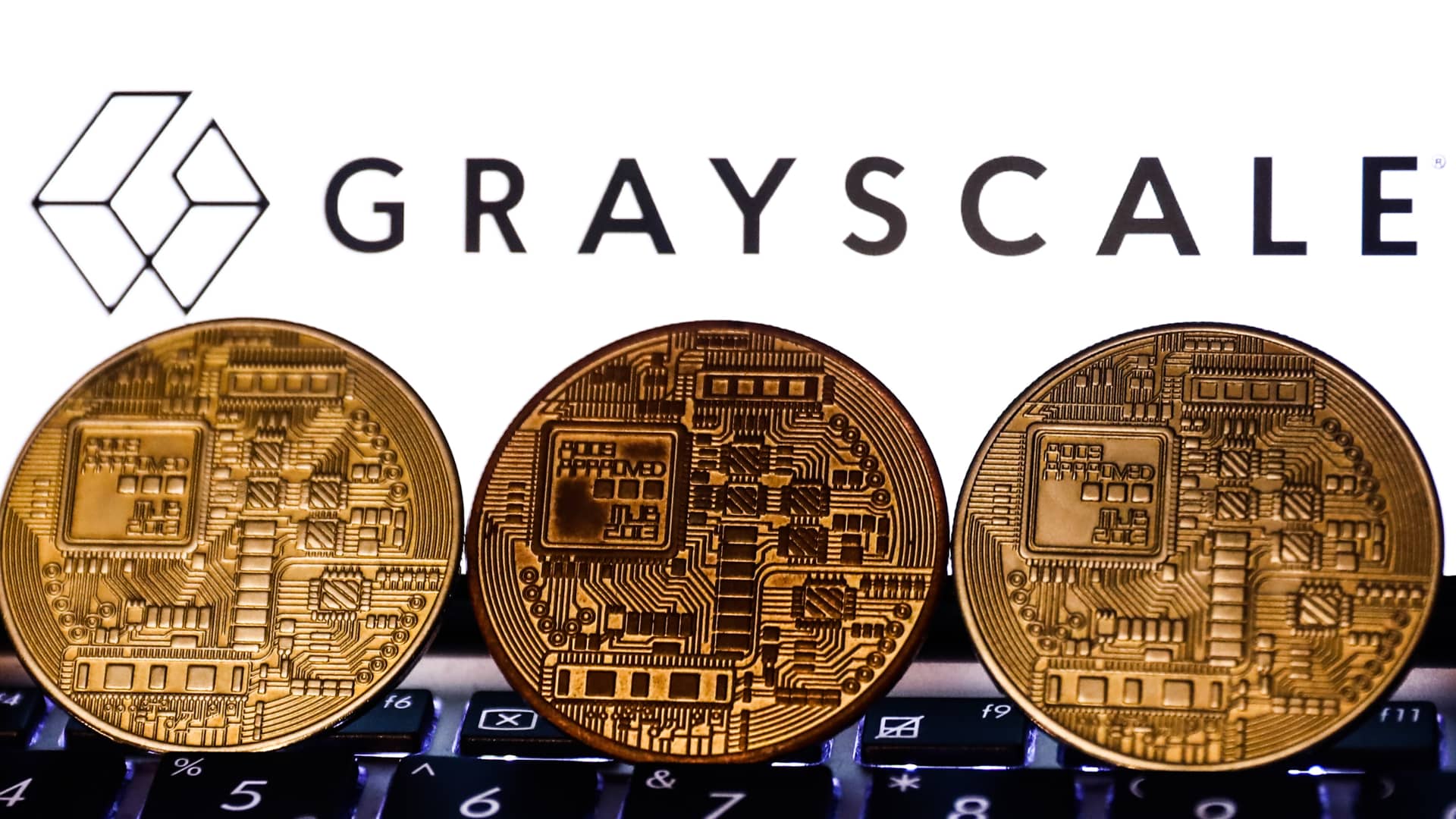The impact of blockchain on business: blockchain in marketing

In information technology, blockchain is a technology that has emerged as a very promising element. It is a type of public ledger that can be viewed by multiple parties that have a stake in the transaction and acts as a central repository for all transactions between them. One of the main factors driving the market expansion is the growing popularity of bitcoin worldwide. When it comes to the impact of this cutting-edge technology on marketing and advertising, novices and even blockchain specialists have many doubts. In the marketing space, blockchains have the potential to make a huge impact.
What is Blockchain?
Blockchain is a decentralized type of decentralized database, meaning it is governed by a community of users rather than a single central entity. Encryption protects the data. It cannot be changed or removed. Following the basic blockchain idea, any file or data can be stored in chain blocks. The technique is used in a number of fields. Commercial transactions, financial data and health data are perpetual in the blockchain system. As a result, this technology offers a fresh, open and secure tool for companies in advertising.
Blockchain in advertising
Blockchain is built on distributed ledger technology, which has enormous potential to impact multiple aspects of the marketing value chain. Smart contracts between agencies and companies and micropayments that reward consumer engagement have the potential to transform marketing. There are more than 200+ businesses that allow blockchain to be used in marketing efforts. Everyone who participates in a start-up or a new company needs marketing. Here’s How Blockchain Technology Is Impacting Marketing –
1. Sharing of Rewards –
Distributed ledger technology organizes transactions of all sizes, allowing companies to make micropayments to their customers. This has far-reaching implications as it is used to move money directly into bank accounts, avoiding the need for gift cards and limited redeemable online credit. This gives customers a financial incentive for each engagement, no matter how small.
2. Verification of data –
Blockchain can collect, verify, store and automatically update databases with minimal human participation. This is believed to change the way consumer insights are approached. As it promotes data-driven marketing, blockchain is the ideal underlying platform for generating ideas.
3. Serverless architecture –
When handling thousands of transactions, serverless architecture is a better option than standard cloud hosting as it allows stores to grow according to customer demand. Consequently, blockchain allows companies to benefit from no performance gaps and indirectly allows them to host on-demand ads.
Marketing Technology News: MarTech Interview with Heidi Arkinstall, CMO at GP
4. Targeted Content –
Instead of using insight generation that is automatic for successful targeting, data can be aggregated into a hyper-personalized type of insight.
5. Security –
Data security is a major concern for anyone who buys or sells anything online. Everyone wonders if their personal or financial information has been exposed when there are regular breaches in the news. Every transaction on the blockchain is verified and publicly visible, but the parties involved remain anonymous. As a result, all activities will be more secure and all involved will remain completely anonymous.
6. Higher information quality –
Consumers will be able to charge for their contact information, ensuring that only the companies they are interested in receive it. That may seem terrible for business, but it’s a good thing. Instead of wasting money on data from individuals who are not interested in your company, you get focused, reliable information from those who are.
7. No need for intermediaries –
As a brand, you want to ensure that the ads you buy are placed on high-quality websites that are specifically targeted to the demographic you want to reach. This involves paying a high fee to a company like Facebook, which has the kind of reputation that both businesses and website owners seek. It instills confidence in the process. You can completely avoid ad networks by using blockchain. Users will be verified automatically, eliminating the need for a third-party service like Google to establish trust. Businesses that post ads and sites that have free space can work together to provide a seamless experience.
8. Building trust –
Building trust with consumers is essential, especially small businesses. It can be difficult for a small firm to differentiate itself, especially if your field has strong competitors. Many buyers are naturally skeptical of companies they have never heard of, and sales of low-quality goods are rampant on the internet. No matter how small, trusted firms will be able to quickly build trust with blockchain. You will be able to show them every step of the supply chain and prove where your goods come from.
Blockchain is the future of marketing and business. It will benefit companies in competing, reducing costs and increasing transparency and consumer confidence.
Marketing Technology News: Mirriad Names Karen Magnani US Sales Director
























